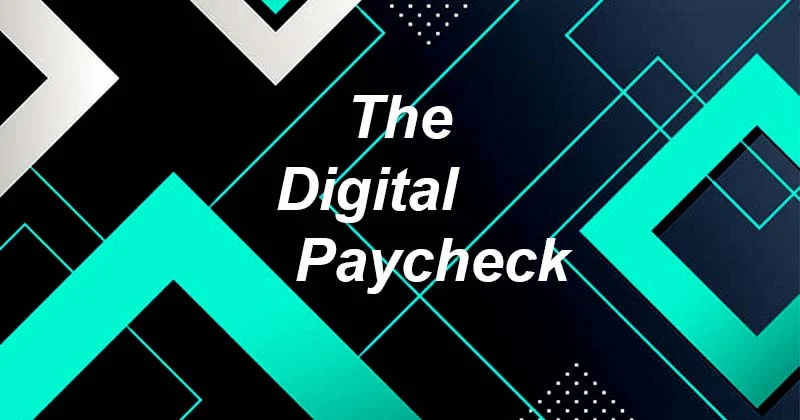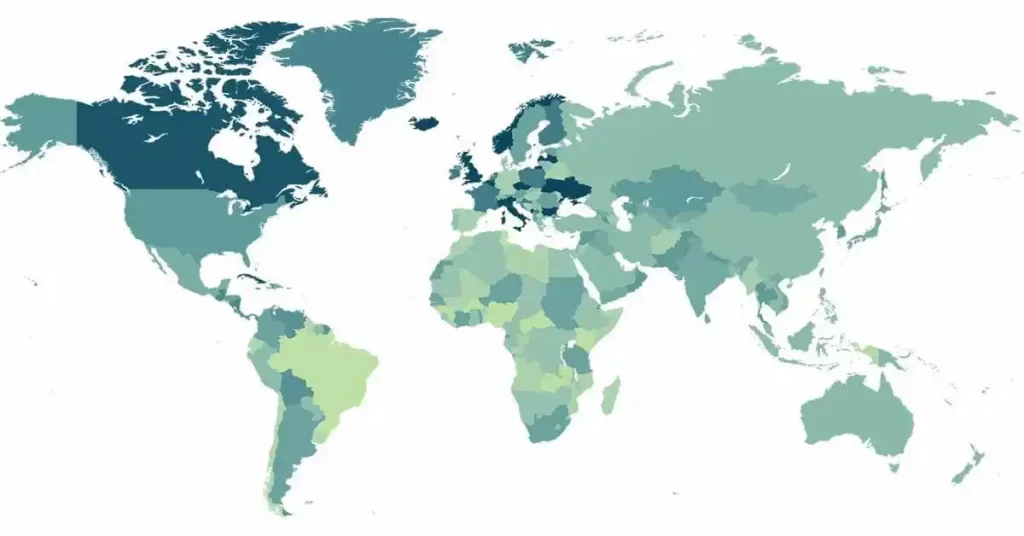In today’s digital world, traditional payment methods are rapidly giving way to more efficient and secure alternatives. Among these, the Digital Paychecks (E-Check) stands as a prime example of the digital transformation of financial transactions.
In this comprehensive article, we will get into the intricacies of E-Checks, shedding light on their operation, advantages and their pivotal role in modern financial systems.
What are Digital Paychecks? (E-Check)
An Electronic Check or E-Check is a payment method conducted over the Internet or other data networks, replicating the functionality of conventional paper checks.
What sets E-Checks apart is their digital nature, allowing for streamlined processing with enhanced security features such as authentication, public key cryptography, digital signatures and encryption.
How an E-Check Works?
E-Checks fall under the umbrella of electronic banking and electronic fund transfers (EFTs), encompassing a wide range of digital financial transactions. These transactions rely on computer and networking technologies to access account data and execute actions.
Originally developed to address the needs of e-commerce, E-Checks now cover virtually any transaction that paper checks can handle, governed by the same legal framework.
Benefits of E-Checks
One of the most compelling aspects of digital paycheck is their cost-effectiveness. Unlike paper checks that necessitate physical production and postage, E-Checks eliminate these expenses.
It’s estimated that printing and issuing a paper check can cost a business anywhere between $4 and $20, while E-Checks typically incur fees ranging from $0.30 to $1.50 per transaction. These cost savings make electronic checks an attractive option for both: businesses and individuals.
Moreover, E-Checks incorporate multiple layers of authentication to ensure accurate fund routing. Their digital nature reduces the risk of interception or theft, as there are no tangible documents to be compromised.
The Direct Deposit System
A prevalent application of E-Checks is the direct deposit system offered by many employers. This electronic method allows employers to transfer employees’ wages directly into their bank accounts, simplifying payroll processing.
Even the Internal Revenue Service (IRS) has adopted E-Checks, offering taxpayers the option to receive refunds via electronic deposit instead of traditional paper checks.
Sending and Receiving E-Checks
Sending E-Checks
Sending an E-Check is a straightforward process but it requires prior enrollment in an E-Check service. You can sign up through your bank or a payment processor like Square, Stripe or PayPal.
Once enrolled, you’ll provide the necessary payment details and authorize the transaction, making E-Checks a versatile payment option for those who value convenience and efficiency.
Processing Time and Safety
E-Checks are sent instantaneously online but their processing may take longer compared to other online payment methods due to their reliance on the Automated Clearing House (ACH) network.
This network ensures secure fund transfer but may result in several business days for clearance. Nevertheless, Digital paychecks are considered a safer alternative to traditional paper checks. Unlike physical checks that can be stolen and forged, E-Checks are protected by robust digital security measures.
Final Words
In essence, Digital paychecks represent the digital evolution of traditional paper checks. Facilitated by the Automated Clearing House (ACH) network, they streamline fund transfers, offering enhanced security, cost-efficiency and quicker processing.
In a world where digital transactions reign supreme, E-Checks emerge as a safer, faster and more economical choice, revolutionizing the way we exchange funds.
As we witness the ongoing transformation of the financial landscape, E-Checks have firmly established themselves as a vital component, bridging the gap between traditional and digital payment systems.



